Weekly Reader: Yiddish Publishers
It seems absurd to say that one of the great things about the Yiddish Book Center is the books, but it’s true. Like every visitor to the Center, I’ll often take a moment just to look through the stacks, marvel at one publication or another, and wonder if my shelves can possibly accommodate yet another volume, or six. When appreciating those books, though, it’s all too easy to overlook the people who made them—not the authors or illustrators, but the publishers. The unsung heroes (and occasionally villains) of Yiddish culture, it was the publishers who brought all of the books in our collection into existence. On January 19 we’ll get to hear a virtual public program from Stanford librarian Zachary Baker about Yiddish Publishing around the World, but here are a few items to get us started.
—Ezra Glinter
A Storied History
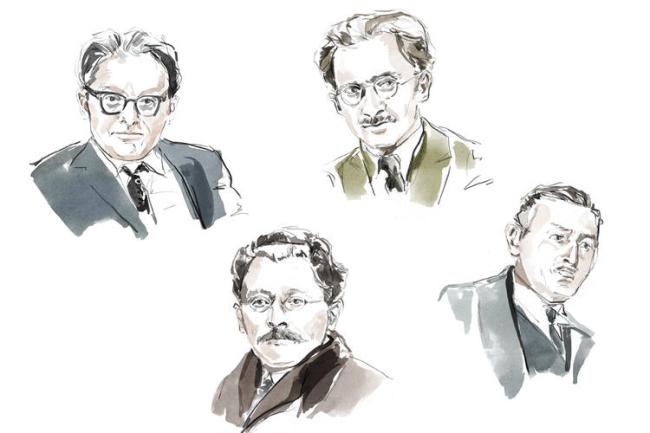
What better way to prepare for a lecture by Zachary Baker than with an article by Zachary Baker? In this piece from 2016 he lays out the complexities and challenges faced by Yiddish authors and publishers, including government censorship, political upheaval, diaspora and a geographically fragmented market, weak educational institutions, the temptations of assimilation, state-sponsored repression, and the overwhelming catastrophe of World War II. Nevertheless, some things did go right, making Yiddish book publishing a viable worldwide enterprise.
In for a Penny
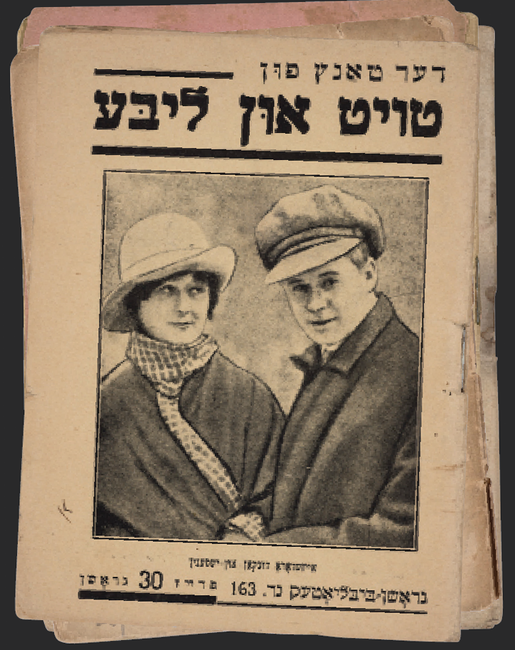
What do Mata Hari, Emil Zola, Charles Lindbergh, Hitler, and Sholem Aleichem all have in common? Apart from their fame (or notoriety), they were all subjects in a remarkable Yiddish publishing project: the Groshn-biblyotek, or Penny Library. Aimed at Yiddish-speaking workers in 1930s Poland, this ambitious venture ran for seven years, over that time developing into an influential and popular library of Jewish and general knowledge.
In a Strange Land
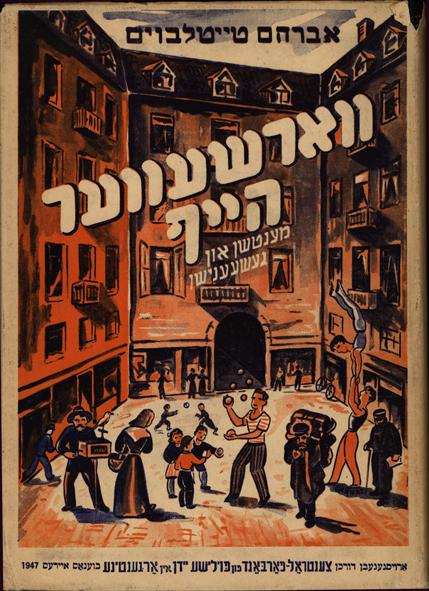
Between 1946 and 1966 the Central Union of Polish Jews in Argentina published a series of 175 hardcover books called Dos poylishe yidntum (Polish Jewry). This remarkable publication venture, which took place under the editorship of Mark Turkow, articulated the determination of a small cadre of writers to rebuild Yiddish culture in their new homes far away from Eastern Europe. Like other publishing ventures after 1945, Dos poylishe yidntum was a heroic attempt to commemorate the destruction of the Holocaust and to continue the creation of modern Yiddish literature.
Read about Dos poylishe yidntum and Argentinian Yiddish publishing
Still With It
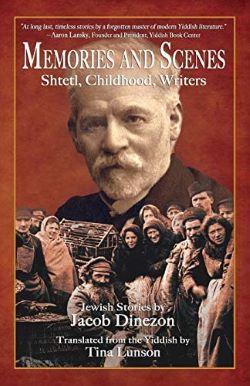
Yiddish publishing may no longer be (and never really was) the world’s most profitable enterprise, but that doesn’t mean everyone has given up on it. There are still publishers of Yiddish books, as well as publishers of Yiddish books in translation, including our own White Goat Press. Here is a podcast episode with Yiddish Book Center founder Aaron Lansky and Scott Davis, publisher of Jewish Storyteller Press, which has been reissuing the works of foundational Yiddish writer Jacob Dinezon.
At Large
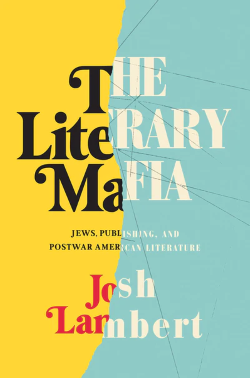
Just as the Yiddish theater contributed to the development of Broadway and Hollywood, so did Yiddish publishing contribute to American literary publishing generally. In his recent book The Literary Mafia author Josh Lambert examines the relationships between Jewish editors and writers, how Jewish women exposed the misogyny they faced from publishers, and how children of literary parents have struggled with and benefited from their inheritances.
An Open Ear
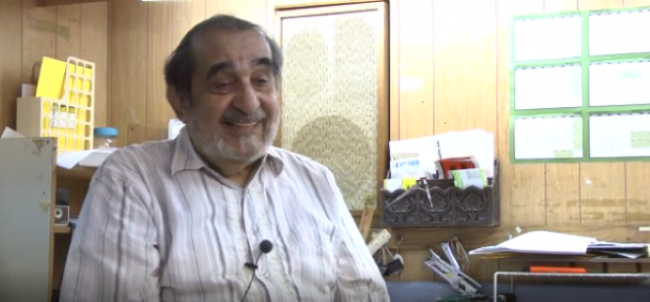
Books aren’t the only thing that publishers publish—they also produce music, along with other cultural products. In this oral history interview musician and composer Hankus Netsky talks with Velvel Pasternak, a musicologist, composer, arranger, conductor, and major publisher of Jewish music.
